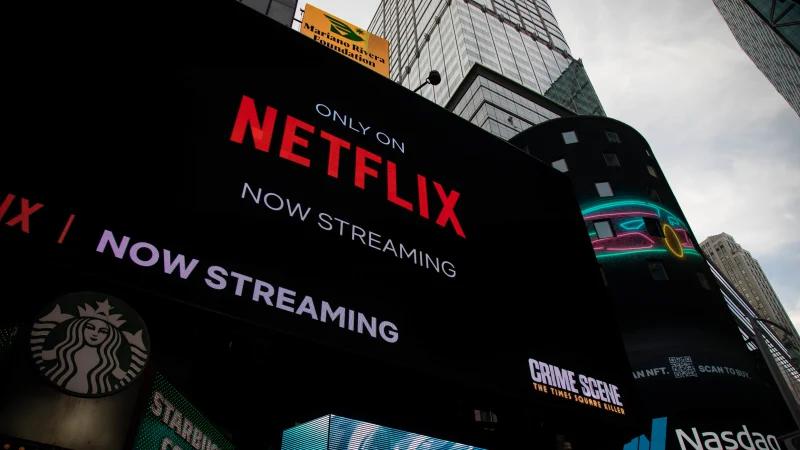
In order to ensure that rental units are safe and healthy for tenants, state laws require owners and landlords to provide basic maintenance services on heating and plumbing systems, as well as ensure clean running water and a sound structure that doesn’t pose unreasonable safety risks. The legal concept of “habitability” may sound like common sense, but neglect in any of these areas can lead to legal liability for owners and landlords, challenges for property managers, and serious health problems for tenants.
As a real estate lawyer and founding principal of The Gilroy Firm in Atlanta, Monica Gilroy has spoken with property managers about reducing risks associated with lead-based paint and mold. If the Environmental Protection Agency implements an update to its rule requiring property managers to hire a certified professional to deal with repair, renovation, and remediation involving lead-based paint, then property managers should be certified in order to be safe when doing renovations. According to Gilroy, one person from the property management firm could become certified.
In addition to ensuring that properties are free of lead-based paint risk, Gilroy advises property managers to investigate any reports of mold promptly. This includes looking at any test results commissioned by tenants and developing written procedures and a checklist in response. She also recommends creating instructions for tenants on what they should do whenever they believe they have encountered mold.
Gilroy’s advice is based on her experience working with rental properties across the country through her work at Rental Beast, the National Association of REALTORS®’ exclusive recommended software provider in the rental space. By following these tips, property managers can avoid legal liabilities when dealing with their clients.





:quality(75)/cloudfront-us-east-1.images.arcpublishing.com/elcomercio/JZMGDH5GFBBDPMYRLZLPOGGHOI.jpg)

